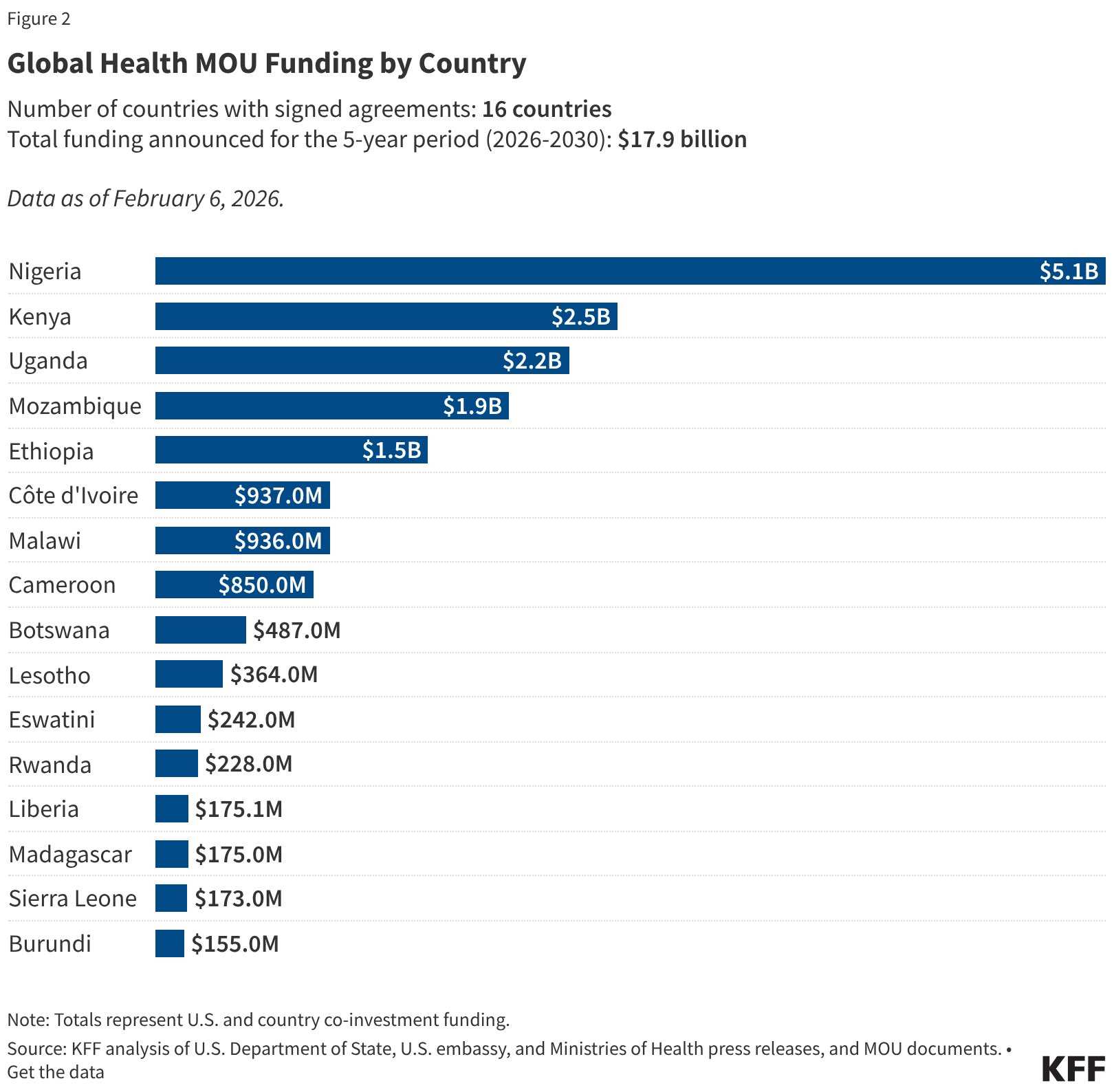
Oscar J Jeke
Zim Now Reporter
The European Union has removed Zimbabwe Defence Industries from its sanctions list, marking the final delisting of a Zimbabwean entity from the restrictive measures imposed over a decade ago.
However, the EU has extended its broader sanctions framework on Zimbabwe for another year, citing continued concerns over human rights violations.
In a statement issued on Wednesday, the EU reiterated its commitment to monitoring Zimbabwe’s human rights situation closely.
"The EU continues to follow developments in Zimbabwe, with particular attention to human rights and stands ready to adapt its policies accordingly," the statement read.
The restrictive measures were initially imposed in 2011 in response to alleged human rights abuses, including violations of freedom of opinion, association, and peaceful assembly.
Related Stories
These sanctions included an arms embargo and financial restrictions targeting specific government officials and entities.
ZDI, a military hardware manufacturer owned by the Zimbabwe Defence Forces, had remained the last entity under EU sanctions. The company specializes in producing small arms ammunition in 7.62×39mm and 7.62×51mm calibres, as well as manufacturing mortar shells, artillery shells, rocket launchers, and hand grenades.
The EU clarified that, while ZDI is no longer subject to an asset freeze, the bloc will maintain its arms embargo on Zimbabwe, preventing the sale of military equipment that could be used for internal repression.
The EU initially imposed sanctions on Zimbabwe in 2002 after then-President Robert Mugabe expelled the bloc’s chief election observer. Over the years, these measures were gradually eased, culminating in the delisting of ZDI.
However, the EU has extended its 2011 non-binding Council Decision for another year, preserving a legal framework that allows for the re-imposition of targeted sanctions should human rights conditions deteriorate.
The EU confirmed that no trade restrictions exist between Zimbabwe and the bloc, but it does not channel development aid through the Zimbabwean government.
The next review of these measures is scheduled for February 20, 2026.


















Leave Comments